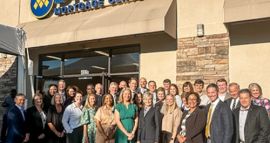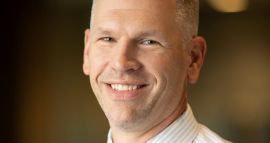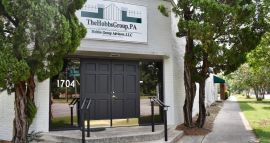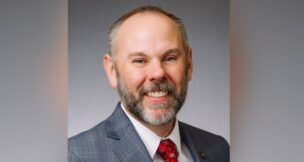Banks reaching out to underserved communities
Staff //August 21, 2019//
South Carolina banks are increasingly reaching out to those who may not have taken advantage of banking services in the past, and there are indications that those efforts are paying dividends.
“It’s one very important aspect of life in general that people aren’t taught,” said Antonio Lynch, financial literacy coach in Capital Bank’s Main Street office in Columbia.
Lynch works with customers who may not have a bank account or banking services which address their financial needs.
“I’ve had situations where people are paying 18% on a vehicle — paying twice as much as what a vehicle actually costs, and they just don’t know what they’re doing,” he said.
Lynch, who said he once lacked financial literacy, said he started learning about the necessity of banking his money when he wanted to buy a house. Now he works at Capital Bank’s Operation HOPE office, sharing his wisdom and experience with others.
Operation HOPE strives to help people improve their financial literacy along with their credit scores. It launched its first S.C. branch in Columbia last month, with counselors helping consumers establish what founder and chairman John Hope Bryant called “relationship capital.”
“If you never got the memo on financial literacy or economics or ownership or entrepreneurship and no one in your household was in business, if no one ever taught you how money works, then it’s what you don’t know that you don’t know that’s killing you,” Bryant said at a news conference celebrating the opening of Operation HOPE’s Columbia office. “People don’t understand why they’re not getting the opportunity to become a homeowner, start a business, become an entrepreneur, to send their kid to college. Why are they being told no?”
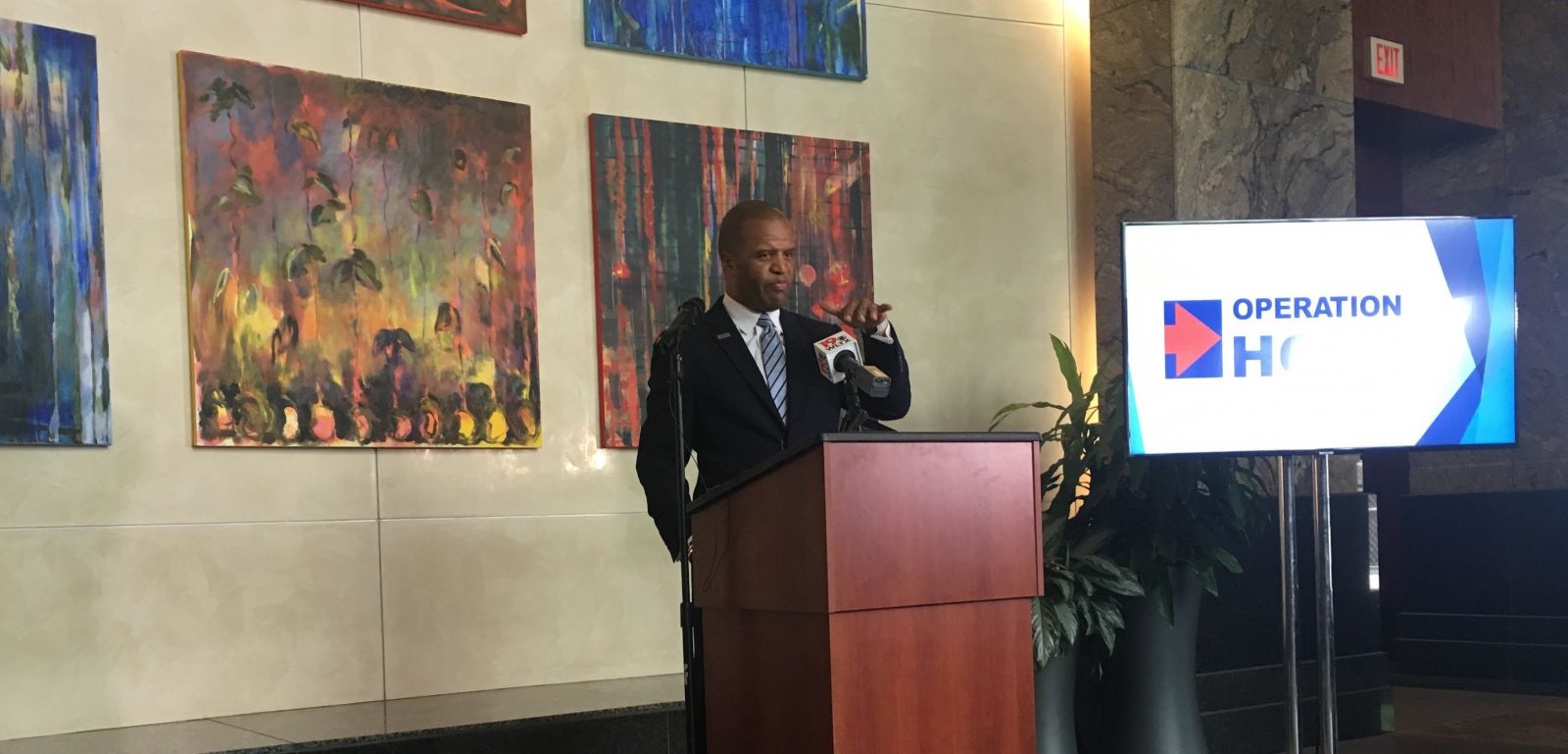 Operation Hope is part of a partnership with Capital Bank’s parent company, First Horizon. The Columbia location is Operation Hope’s 22nd office within the First Horizon network.
Operation Hope is part of a partnership with Capital Bank’s parent company, First Horizon. The Columbia location is Operation Hope’s 22nd office within the First Horizon network.
“People that don’t have a bank account are living check-to-check,” Lynch said. “They’re keeping money in their pockets, and the end result leaves them spending more money and not having a savings account. They don’t have an opportunity or a way to build towards their future or their kids’ future.”
But the situation is improving for many facing those challenges. According to the Federal Deposit Insurance Corp. Survey of Unbanked and Underbanked Households, 10.5% of South Carolina residents did not use banking services in 2013. The percentage of unbanked in the state fell to 6.7% in 2017, the lowest level since the FDIC began tracking the data.
The percentage of underbanked in S.C. fell from 25.6% in 2013 to 19.4% in 2017.
“South Carolina, in a lot of ways, has maybe improved the most over the last decade,” said Fred Green, president and CEO of the South Carolina Bankers Association. He said there are several factors to which the change can be attributed.
“The economy’s improved, and as a result of an improved economy, you’ve got higher levels of employment (and) higher wages,” he said. “And there’s been a tremendous amount of financial literacy improvement efforts in South Carolina.”
Green said members of the SCBA have increased their financial literacy programs to reach more customers. During the past 10 years, members of the SCBA have reached an average of 30,000 to 40,000 people per year, Green said.
In August 2018, the S.C. African American Chamber of Commerce launched an outreach program in conjunction with financial technology startup Mobility Capital Finance and MasterCard to better reach South Carolina’s unbanked population, with an emphasis on helping small business owners. The move was spurred by an FDIC study that found nearly 21% of African Americans in S.C. were unbanked or without a working relationship with a bank.
“I was surprised by the number of chamber members that still owned cash-only businesses,” Stephen Gilchrist, chamber president, said last August.
Outreach measures initiated by the program included a payment card designed for unbanked members of the chamber and a push to help small business owners understand the benefits of electronic payment technology.
“There’s more to just being unbanked (or) underbanked,” said Dominik Mjartan, CEO and president of Optus Bank, headquartered in downtown Columbia. “It’s looking beyond access to financial services. What happens to that family once they have access?”
Formerly S.C. Community Bank, Optus was founded in 1921 as Victory Savings Bank, the state’s first black-owned bank. “The mission of the bank should be to close the wealth gap by wealth creation,” Mjartan said. “Any form of savings is better than no savings at all.”
Mjartan said the average deposit balance on a transaction account at Optus is $381, while at larger banks, the average deposit balance is more than $10,000.
Another risk factor for the unbanked is unregulated loan alternatives such payday or title lenders that can move faster than federally regulated banks, Mjartan said.
“We offer those customers options,” he said. “We can offer them an account that’s safer for the bank and safer for them.”
Bryant of Operation HOPE is also focused on helping customers obtain less-risky loans. “We can help the applicant get the ‘yes.’ Essentially, we’re approving you, subject to the resolution of your primary denial factors,” he said. “So we help you resolve those issues, then walk you across the bank branch to get approval.”
Optus and Operation HOPE work with loan applicants to improve their assets and documentation, which can lead to higher credit scores and eventually to loan approval.
“We don’t reject anyone,” Mjartan said. “You may have to turn someone down for their very initial request, but we try to be very intentional. Everyone that walks into this bank leaves better off than they came in, whether they get a loan or not.”
Rico Snell, vice president of small business marketing at First Horizon, said financial literacy helps families build futures.
“It does something about building (people’s) confidence, their self-esteem," he said. "It really gives them foundational principles to transition to a generational wealth for generations to come.”
r








